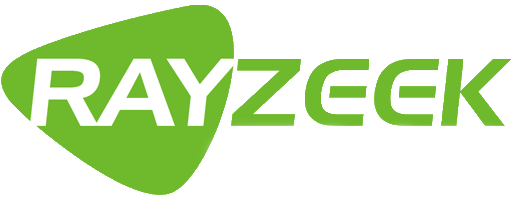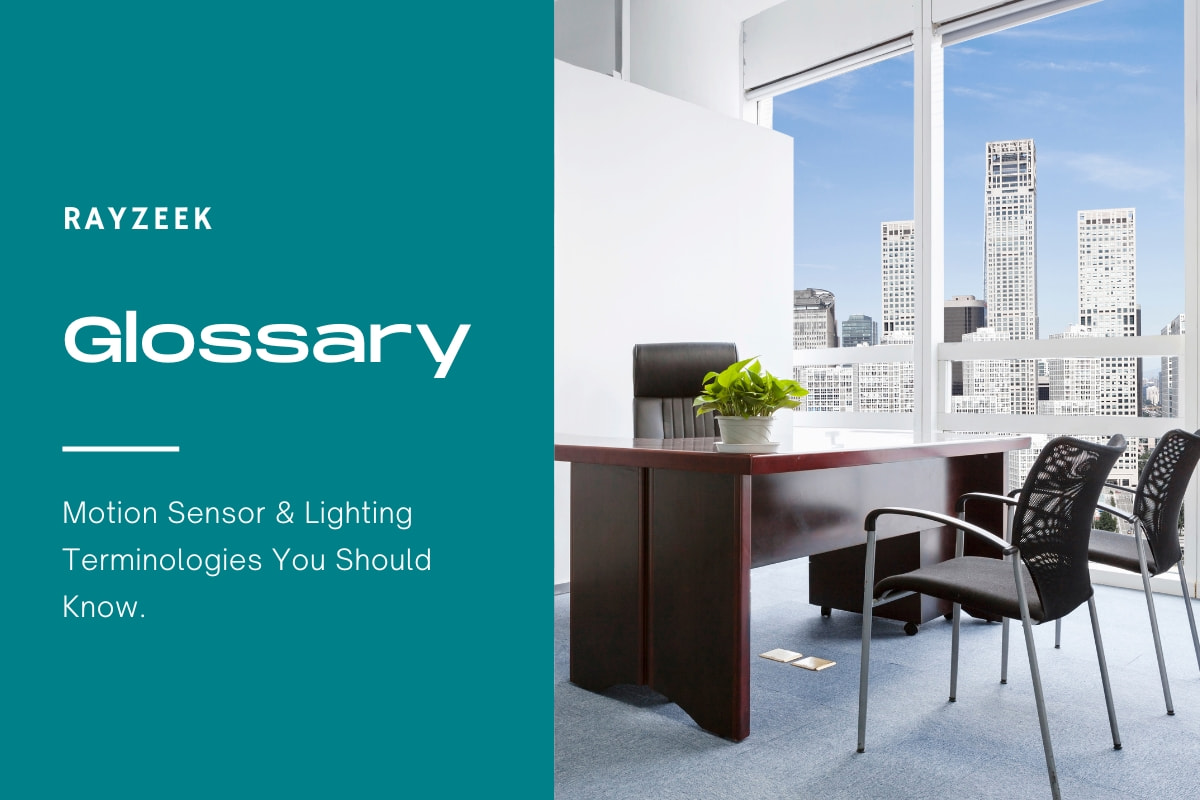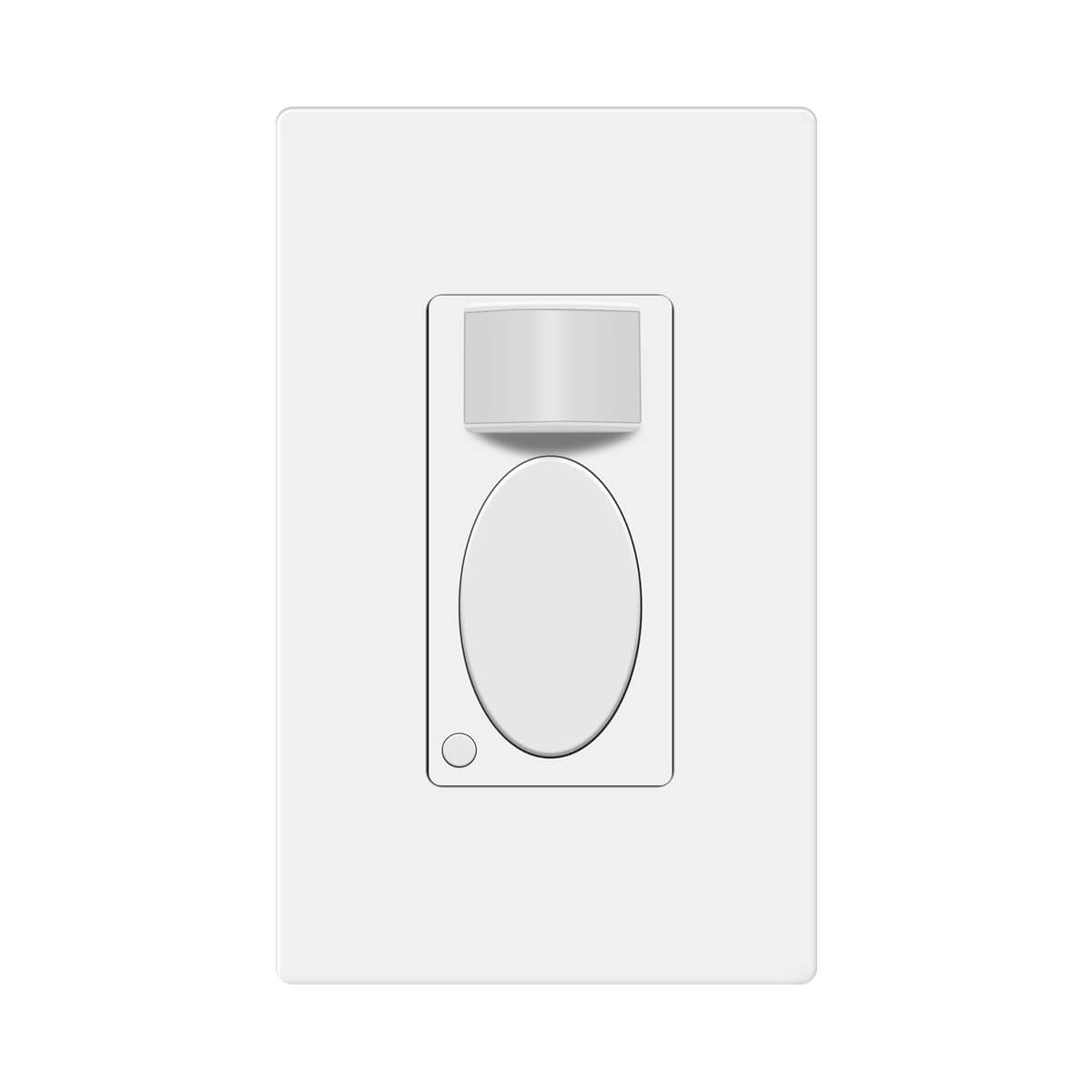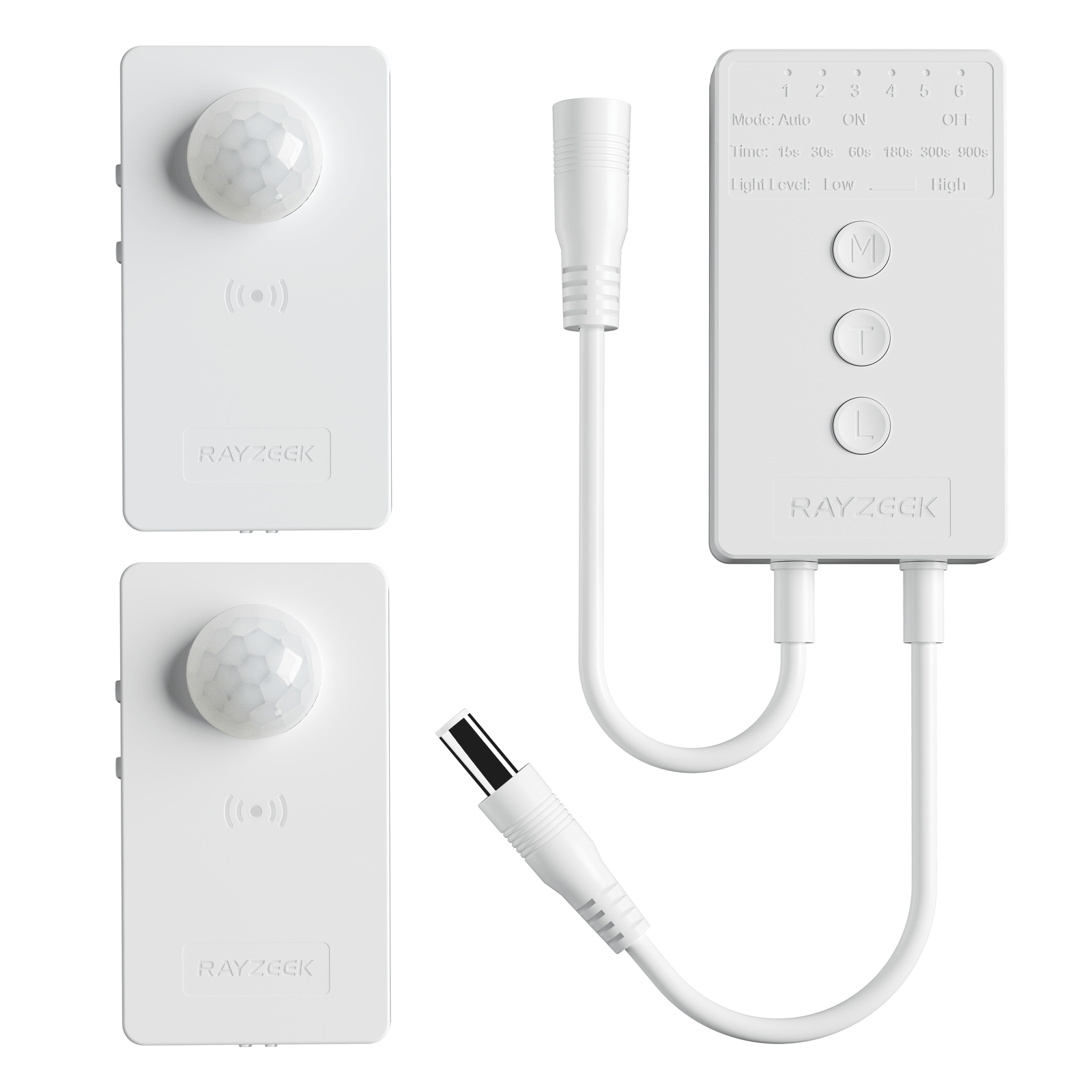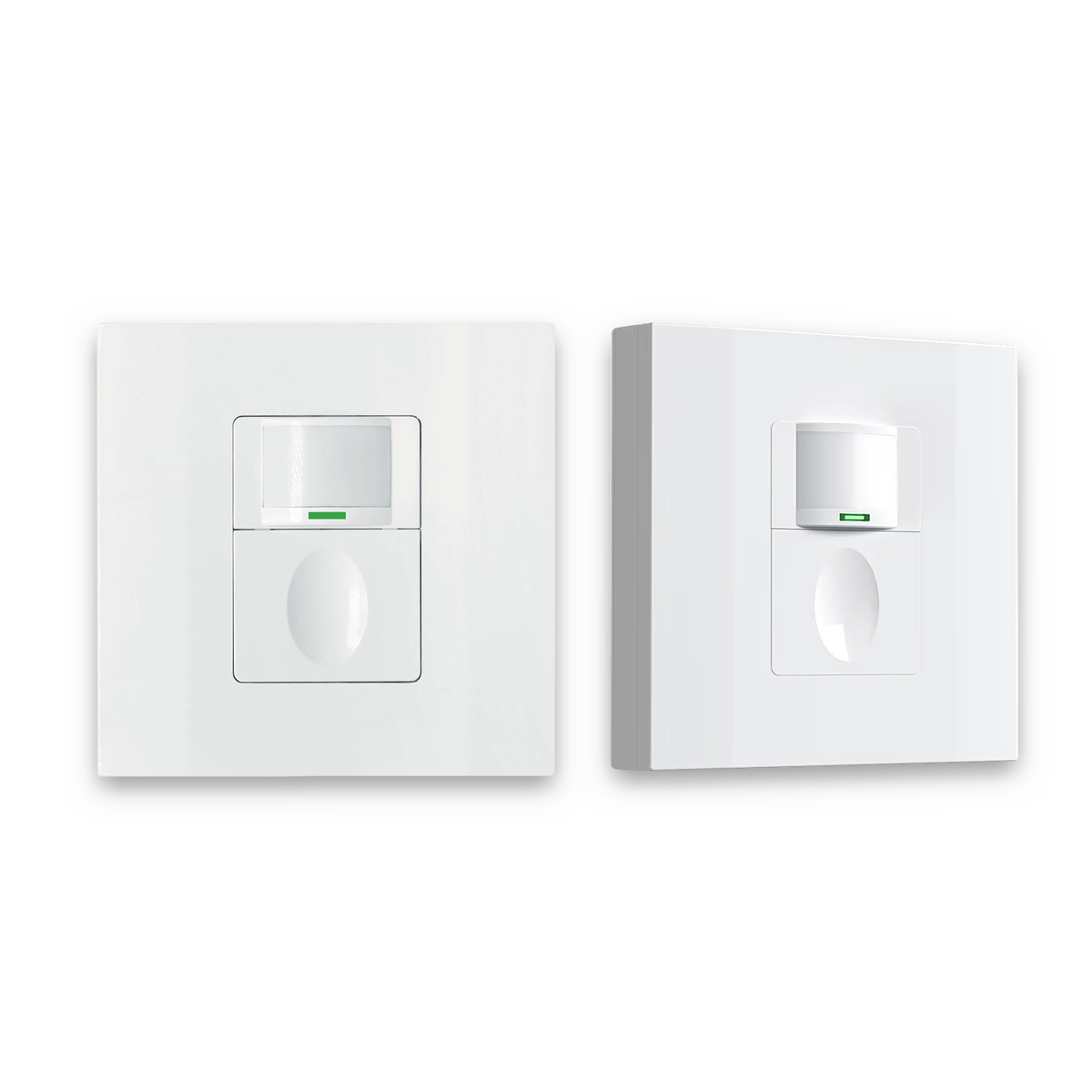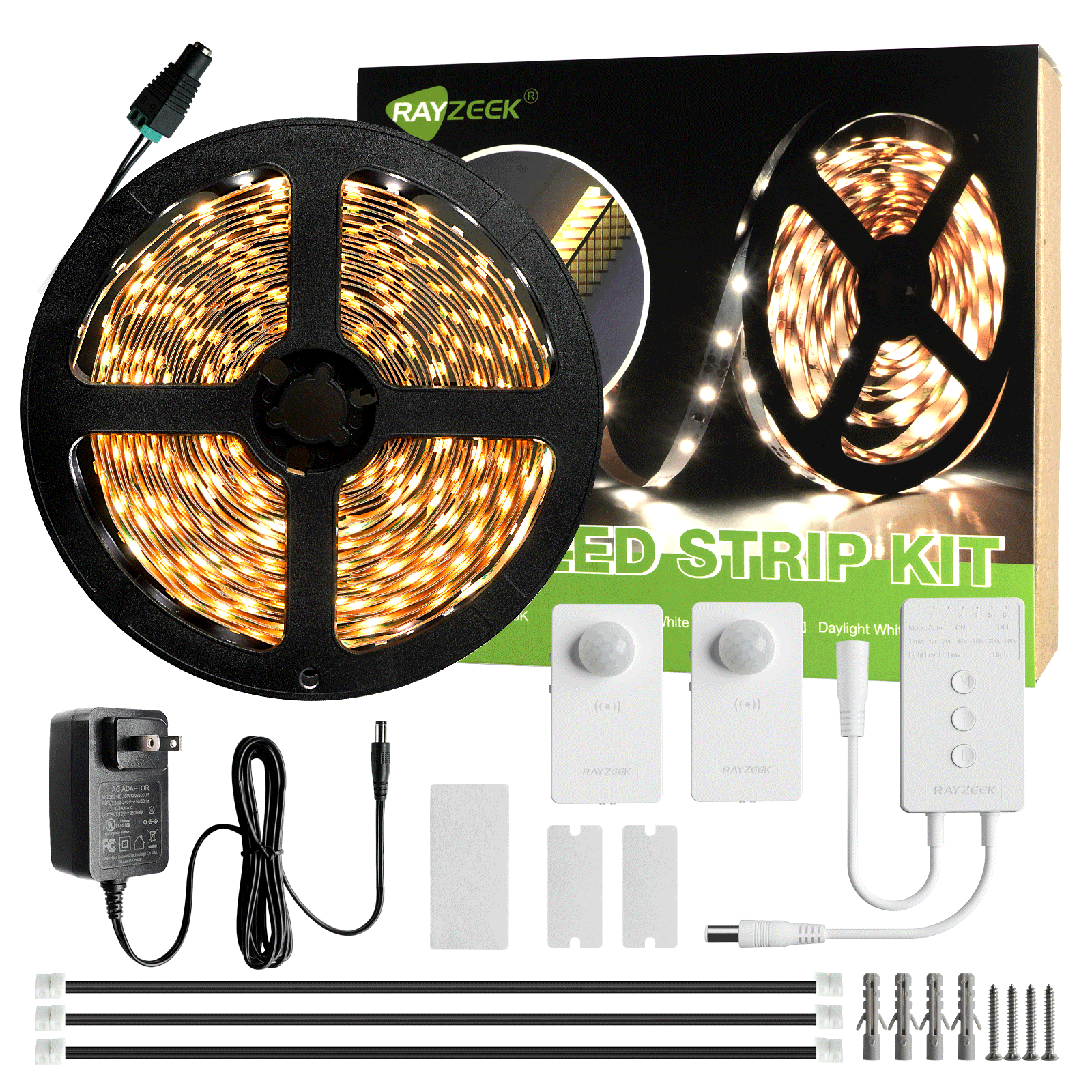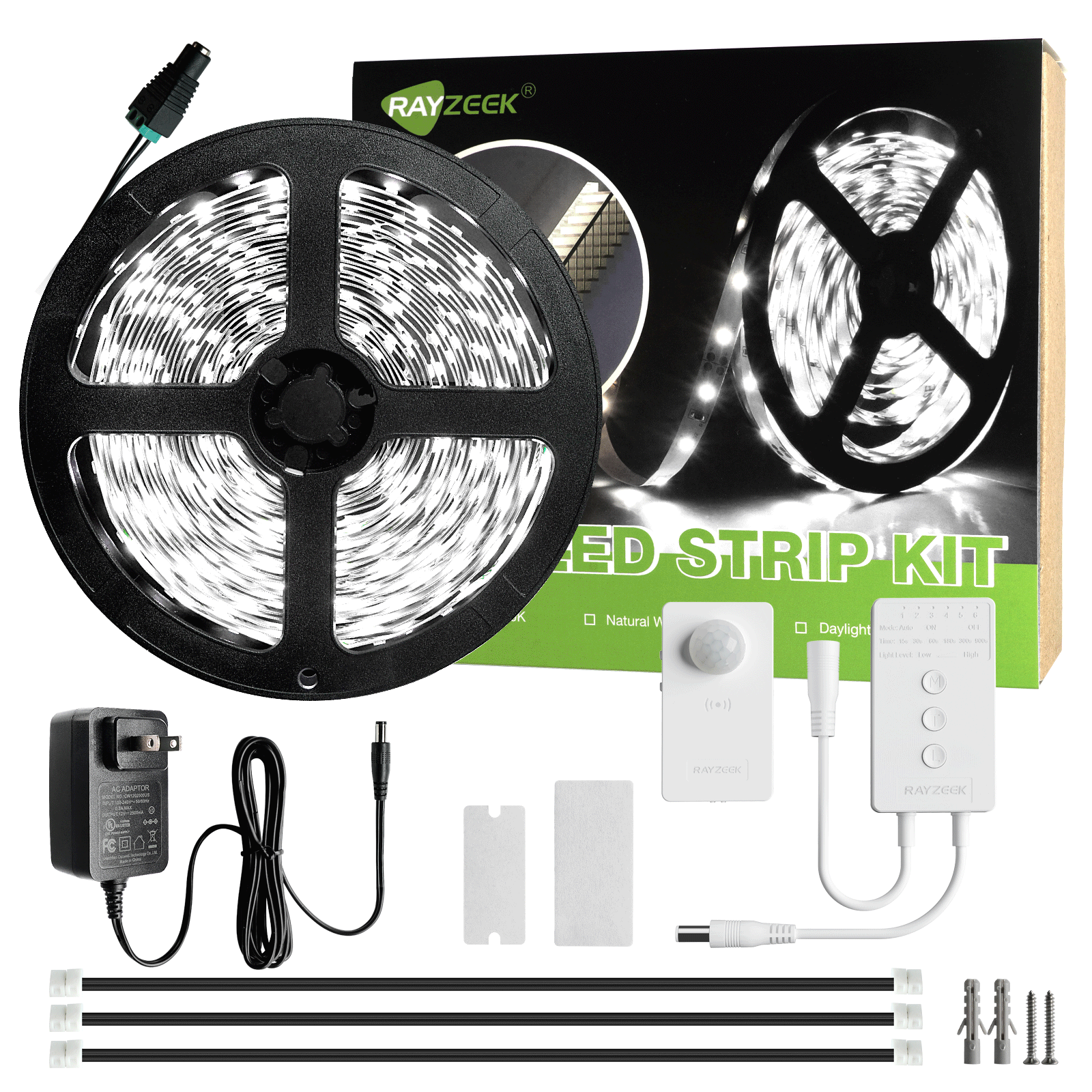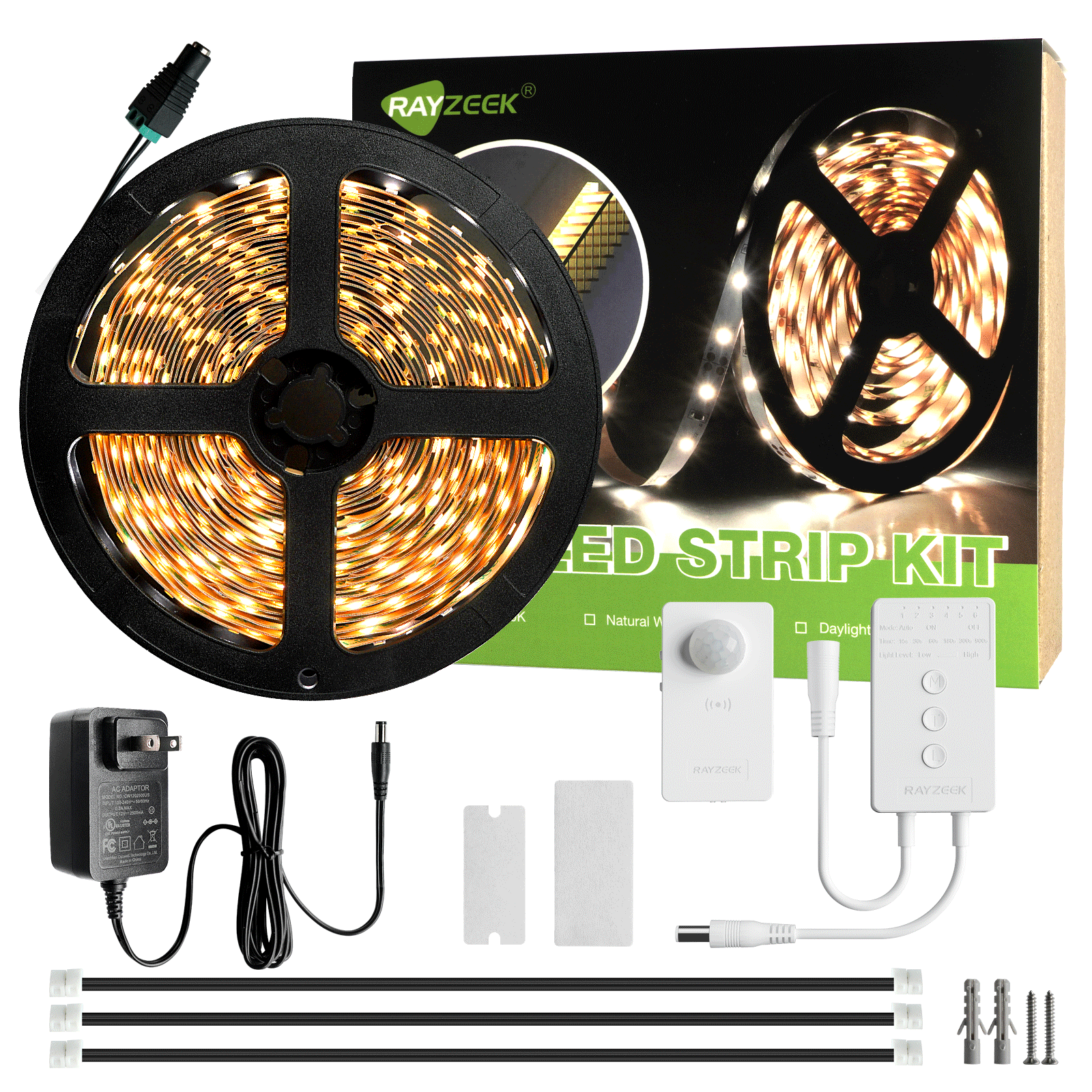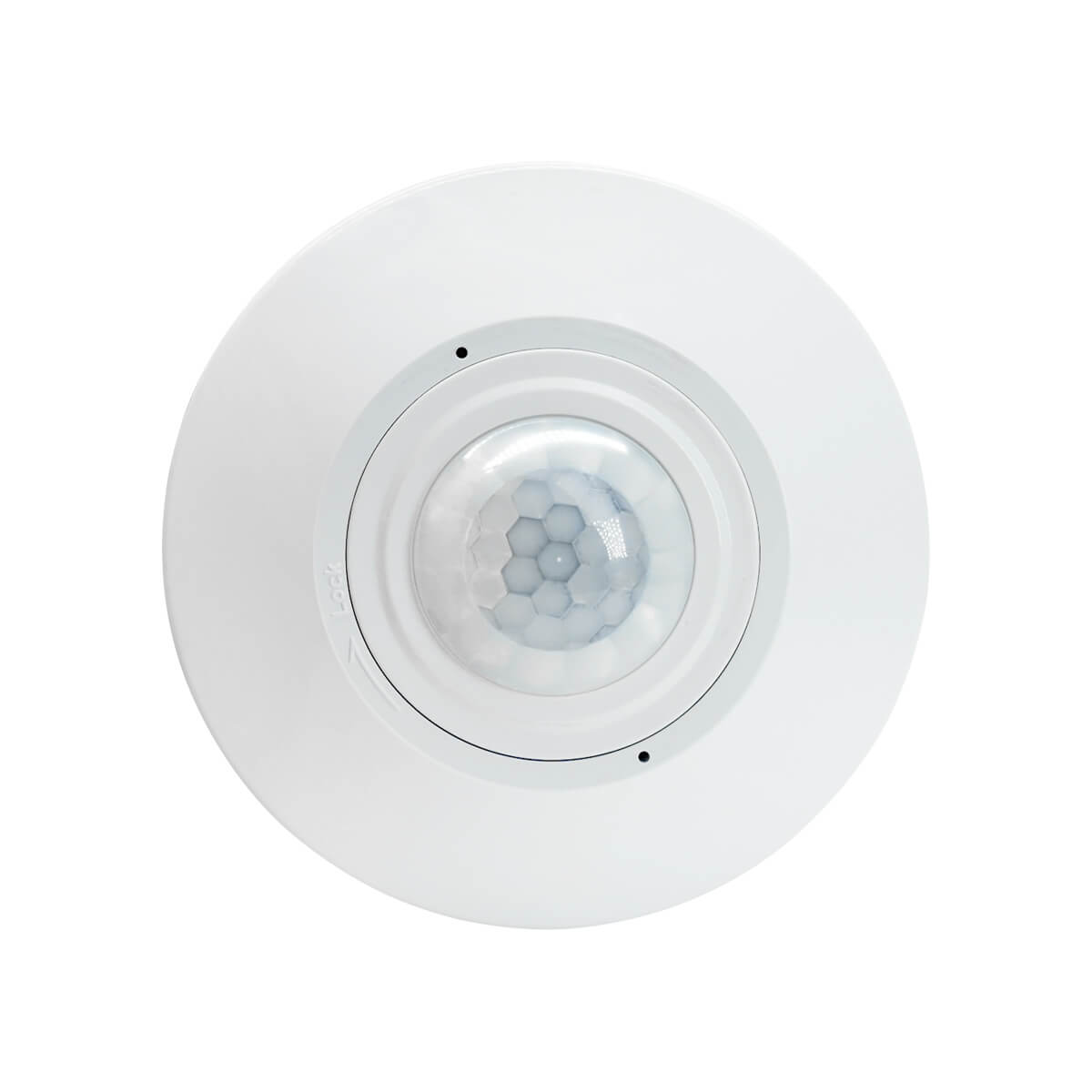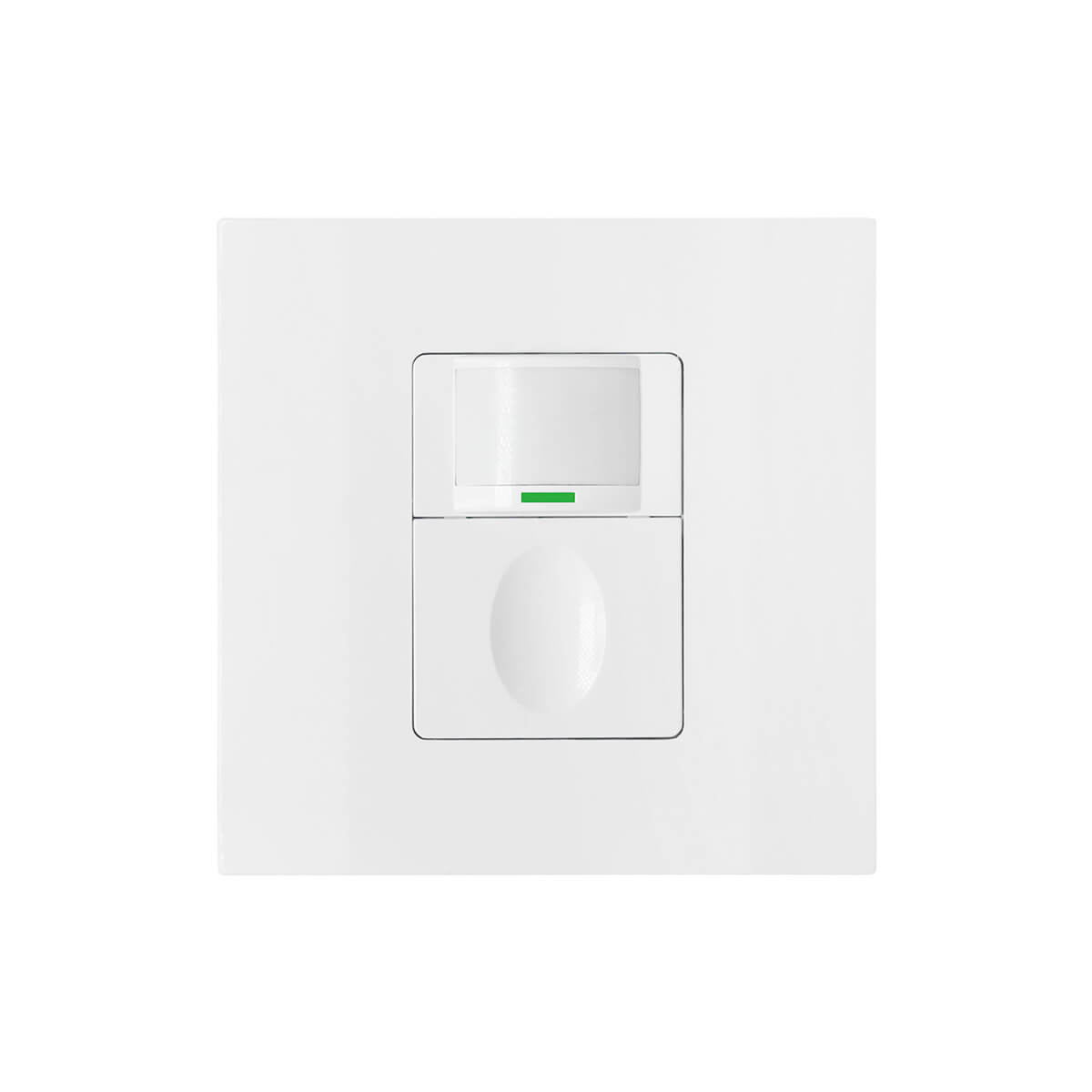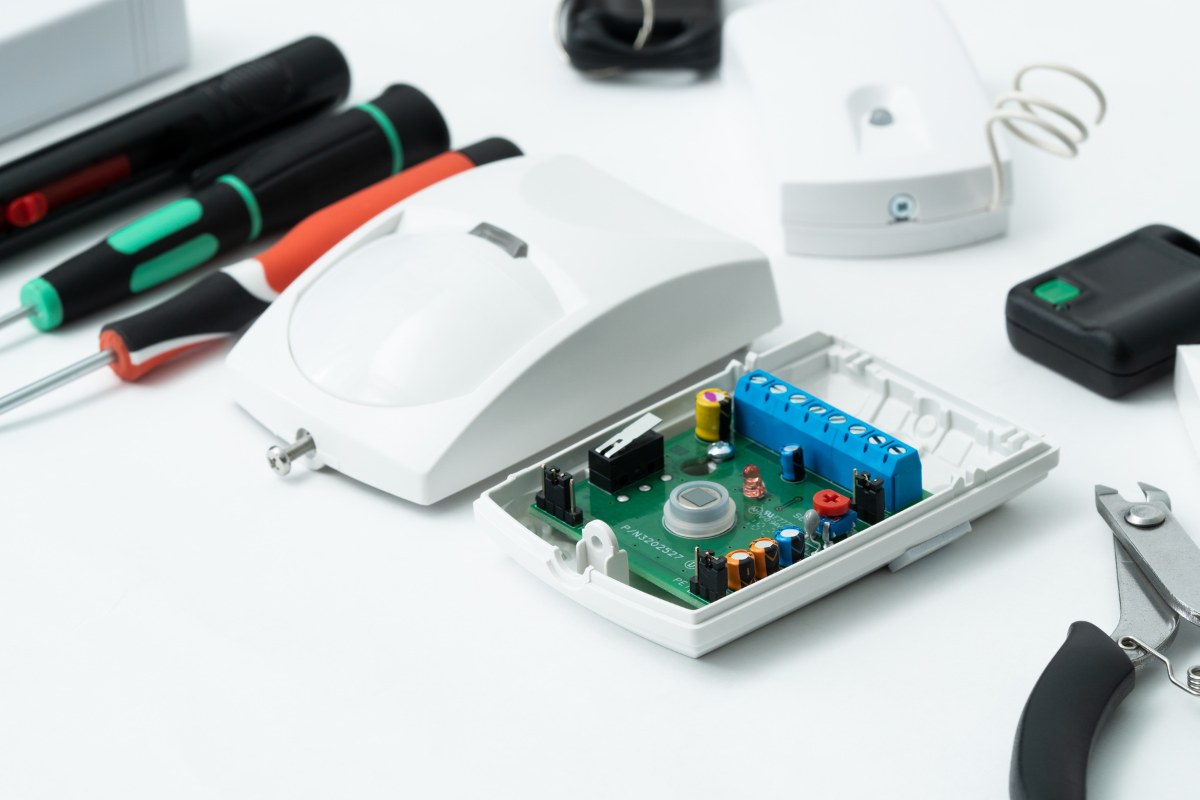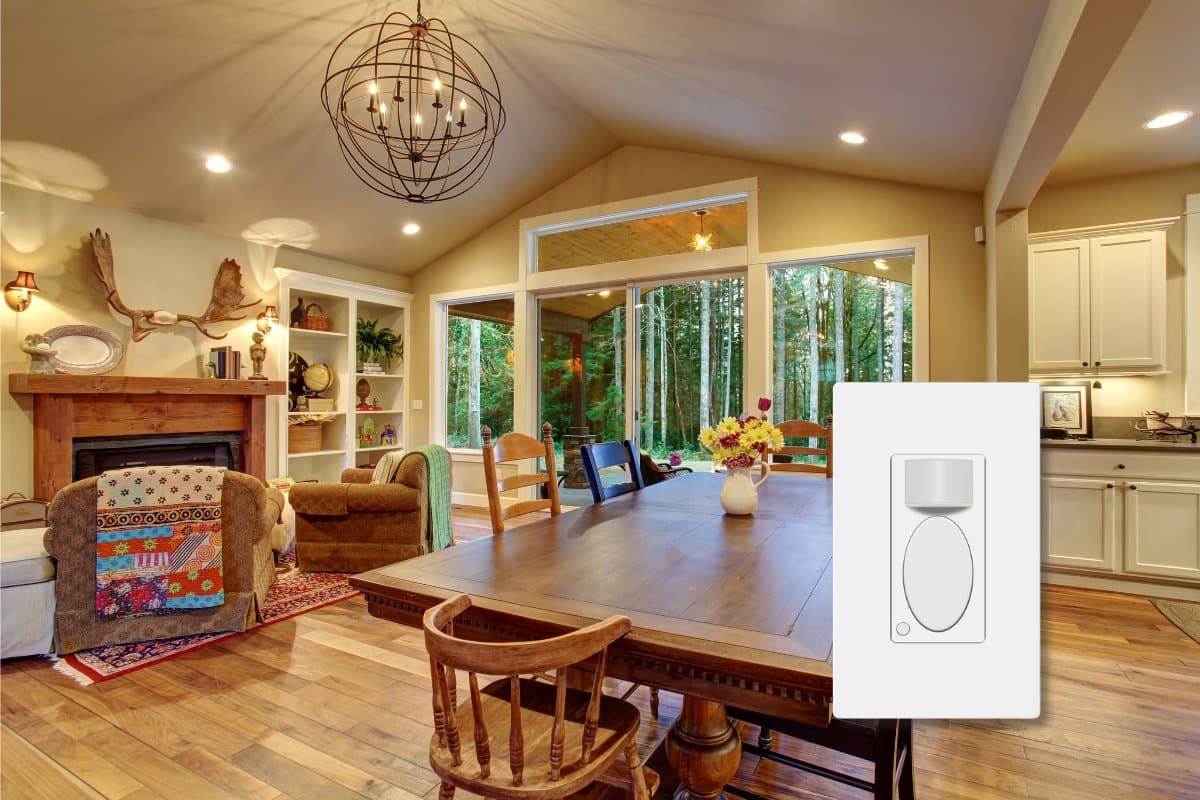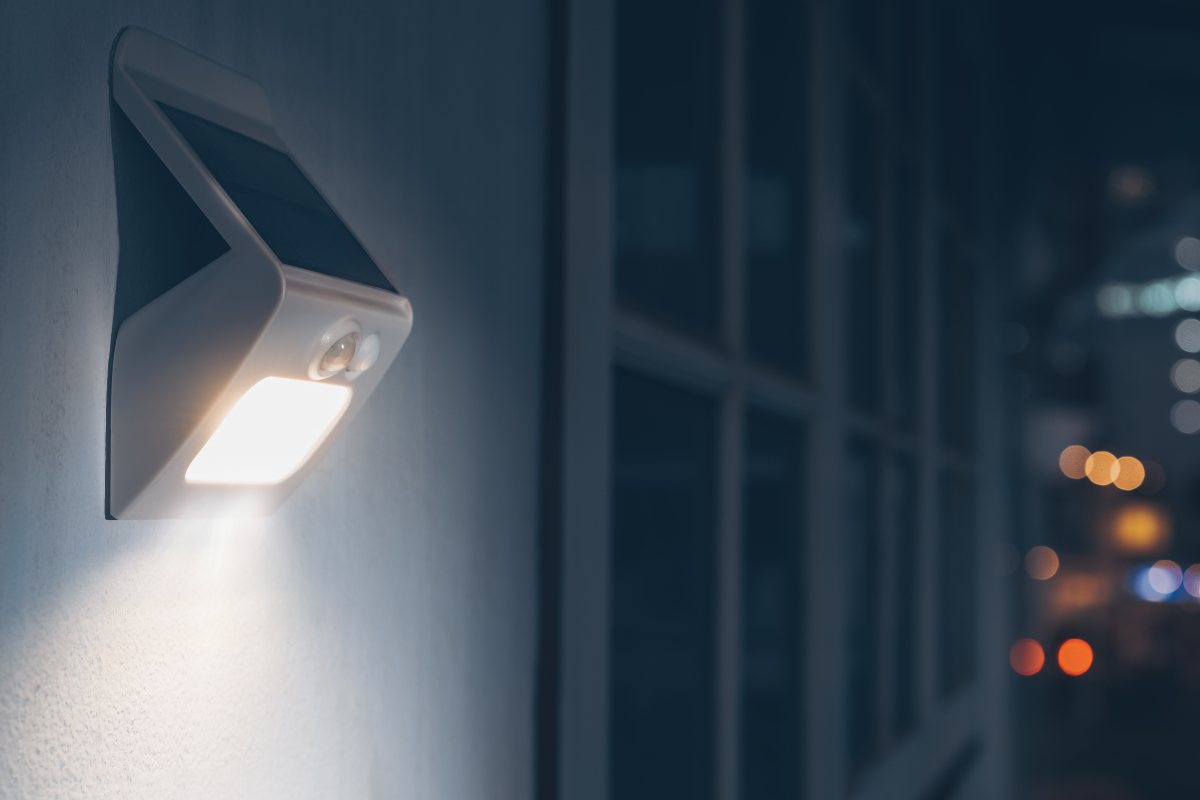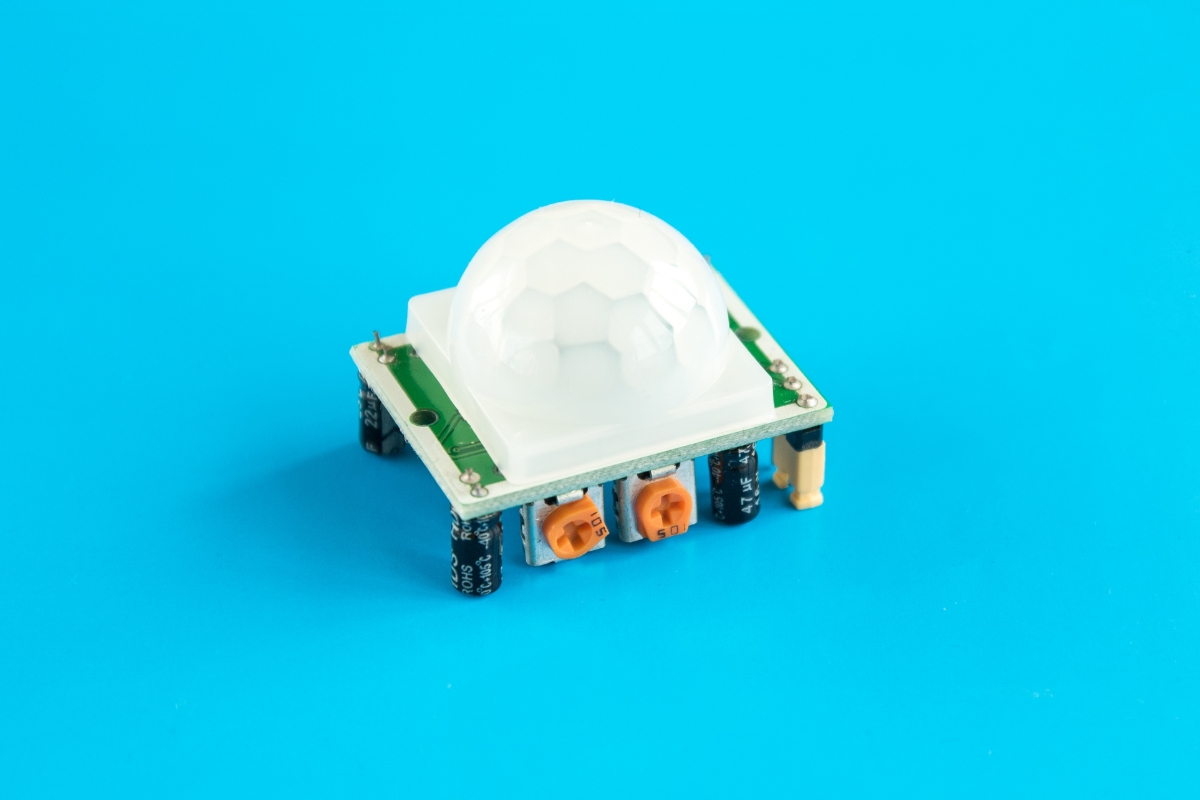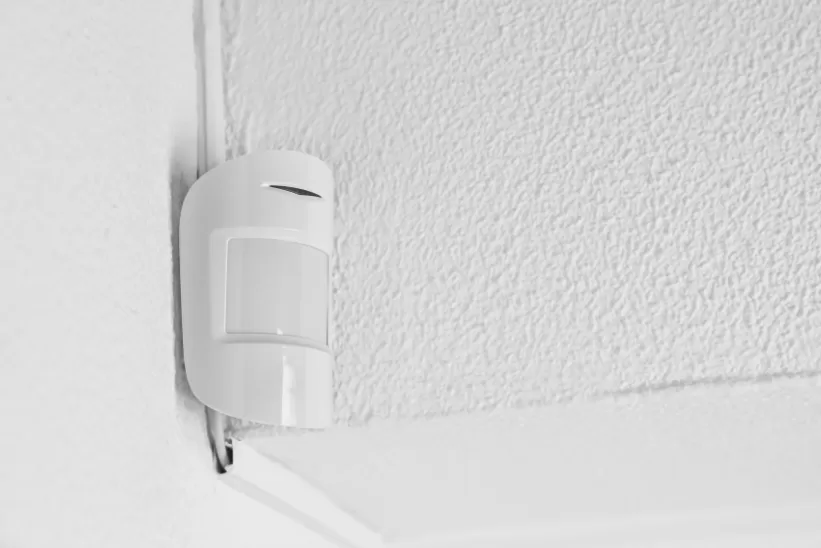What is Daylight Lamp
A daylight lamp, also known as a full-spectrum lamp, is a type of lighting fixture used to replicate the properties of natural sunlight. These lamps emit a light that closely resembles the color temperature and spectrum of natural daylight, typically around 6,000°K. While they are often referred to as full-spectrum lights, it’s important to note that the distribution of light across the spectrum may not be entirely even.
Looking For Motion-Activated Energy-Saving Solutions?
Contact us for complete PIR motion sensors, motion-activated energy-saving products, motion sensor switches, and Occupancy/Vacancy commercial solutions.
Daylight lamps find various applications in different fields. In gardening, they are utilized to provide plants with sufficient light in regions where natural light is limited or during periods of low light availability, such as winter. By using daylight lamps, gardeners can ensure the growth of winter crops and support plants with short growing periods. However, due to their higher cost compared to ordinary lights, they are typically used for valuable plants like orchids or high-cost food crops, as well as for marijuana cultivation.
Artists also make use of daylight lamps in their studios to replicate the natural lighting conditions in which their paintings will be displayed. Most artists prefer to work with northern light, which mimics the natural light found in homes or galleries. However, if northern light is not available due to studio position, time of year, or time of day, artists may turn to daylight lamps to closely mimic the lighting conditions in which their paintings will be viewed.
Daylight lamps can also be beneficial for addressing seasonal affective disorder (SAD), a form of depression that occurs during the winter months in northern climates due to the lack of natural light. Sunlight plays a crucial role in regulating the body’s circadian cycles and stimulating the production of important chemicals. As a substitute for natural daylight, daylight lamps can help alleviate the symptoms of SAD and regulate the circadian cycle, minimizing the effects of jetlag as well.
Furthermore, there are potential uses for artificial daylight in refrigerators. Some propose that using specific spectrums of light in refrigerators could stimulate fruits and vegetables to photosynthesize, prolonging their freshness and retaining their nutritional value. While some modern refrigerators have incorporated these lights, there have been no formal studies on their efficacy.
Maybe You Are Interested In
Frequently Asked Questions
What Are Daylight Lamps Good For
Sun lamp therapy is a form of treatment that involves being exposed to bright light. It has been found to be effective in alleviating symptoms associated with conditions such as SAD, depression, and circadian rhythm problems. Additionally, UV lamps used in sun lamp therapy can provide the added benefit of increasing vitamin D levels. However, it is important to note that UV radiation carries certain risks, so it is recommended to use sun lamps that do not emit UV.
Which Is Better Bright Light or Daylight
Bright white bulbs are often more suitable for bathrooms or kitchens, particularly when there are chrome fixtures. If you require good lighting for reading, daylight bulbs are a great option. Soft white bulbs are ideal for everything else, as they effectively accentuate darker woods and tones without being overpowering.
Do Daylight Bulbs Use More Electricity
Not only do LED bulbs consume less electricity, but they also utilize energy more efficiently, resulting in significant cost savings. According to research conducted by the Indiana University of Pennsylvania, LED lights convert 80-90% of their energy into light, while incandescent bulbs only convert about 10-20% of their energy into light.
Do Daylight Bulbs Get Hot
In short, yes, daylight bulbs do generate heat. This may come as a surprise to some, as daylight bulbs are generally cooler compared to traditional incandescent and halogen bulbs.
